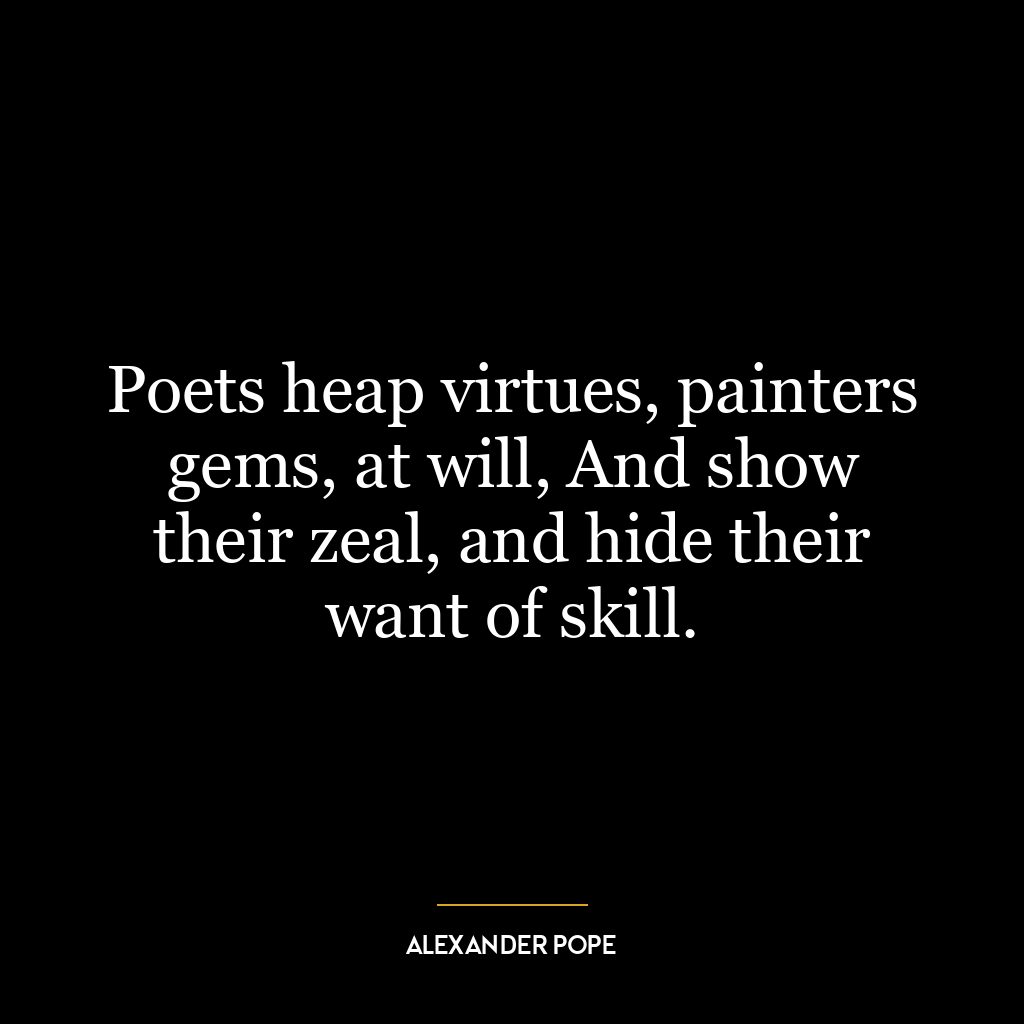4th Earl of Roscommon Quotes
- Poet
- Ireland
- 1633
The 4th Earl of Roscommon, also known as Wentworth Dillon, was a prominent Irish poet and politician in the late 17th and early 18th century. He was known for his wit, intelligence, and literary talent, and was highly regarded by his contemporaries. Some of his notable works include “Essay on…Read More
The 4th Earl of Roscommon, also known as Wentworth Dillon, was a prominent Irish poet and politician in the late 17th and early 18th century. He was known for his wit, intelligence, and literary talent, and was highly regarded by his contemporaries. Some of his notable works include “Essay on Translated Verse” and “An Essay on Criticism,” which were praised for their elegant and refined style. He also wrote several plays, including “The Muses’ Mercury” and “The Ambitious Stepmother.” As a politician, he held various positions in the English court and was a staunch supporter of the Protestant cause. Despite his short life, the 4th Earl of Roscommon left a lasting impact on the literary and political landscape of his time.Read Less
The 4th Earl of Roscommon, also known as Wentworth Dillon, was a prominent Irish poet and politician in the late 17th and early 18th century. He was known for his wit, intelligence, and literary talent, and was highly regarded by his contemporaries. Some of his notable works include “Essay on Translated Verse” and “An Essay on Criticism,” which were praised for their elegant and refined style. He also wrote several plays, including “The Muses’ Mercury” and “The Ambitious Stepmother.” As a politician, he held various positions in the English court and was a staunch supporter of the Protestant cause. Despite his short life, the 4th Earl of Roscommon left a lasting impact on the literary and political landscape of his time.
16 Insightful 4th Earl of Roscommon Quotes
4th Earl of Roscommon Career Highlights
- Born in 1633 in Ireland, Wentworth Dillon was the eldest son of James Dillon, 3rd Earl of Roscommon.
- He received his education at Trinity College, Dublin and later at Cambridge University.
- In 1660, he was appointed as a Gentleman of the Bedchamber to King Charles II.
- He served as a member of the Irish Parliament and was also a Privy Councillor.
- In 1665, he was made a Knight of the Order of the Bath.
- In 1666, he was appointed as the Governor of County Galway.
- In 1668, he was made a Knight of the Order of St. Patrick.
- In 1674, he was appointed as the Lord Lieutenant of County Roscommon.
- In 1685, he was made a Knight of the Order of the Garter.
- He also served as the Lord Deputy of Ireland from 1687 to 1689.
Key Contributions by 4th Earl of Roscommon
- As a member of the Irish Parliament, Wentworth Dillon played a significant role in the passing of the Act of Settlement in 1662, which aimed to resolve the land ownership disputes in Ireland.
- He was a strong supporter of King Charles II and played a crucial role in maintaining peace and stability in Ireland during his reign.
- As the Governor of County Galway, he successfully defended the county against the attacks of the Irish rebels during the Irish Rebellion of 1641.
- As the Lord Lieutenant of County Roscommon, he implemented various reforms to improve the economic and social conditions of the county.
- He was a patron of the arts and literature, and his court was known for its cultural and intellectual activities.
What Sets 4th Earl of Roscommon Apart
- Wentworth Dillon was known for his intelligence, wit, and charm, which made him a popular figure in the court of King Charles II.
- He was a skilled diplomat and negotiator, and his efforts were crucial in maintaining peace and stability in Ireland during a time of political turmoil.
- He was a strong advocate for the rights of the Irish people and worked towards improving their living conditions.
- He was also a renowned poet and playwright, and his works were highly praised by his contemporaries.
Takeaways
- Wentworth Dillon, 4th Earl of Roscommon, was a prominent figure in the court of King Charles II and played a crucial role in the political and social landscape of Ireland during his time.
- His contributions to the passing of the Act of Settlement and his efforts in maintaining peace and stability in Ireland are noteworthy.
- He was a multifaceted individual, excelling in politics, diplomacy, and the arts, making him a well-respected and influential figure in his time.
- His legacy continues to live on through his literary works and his impact on Irish history.







